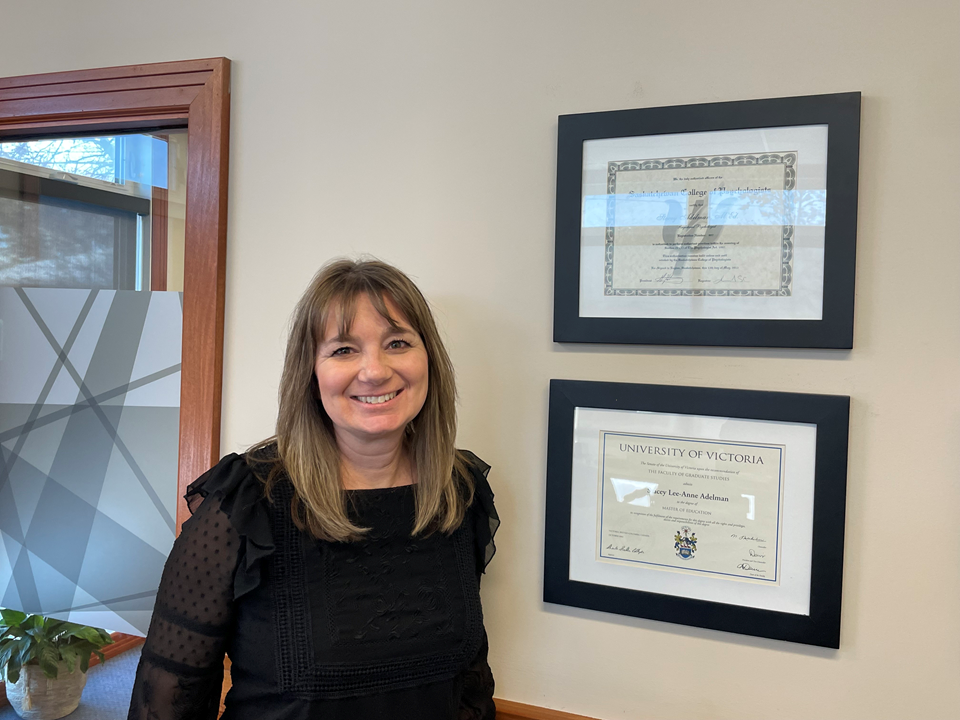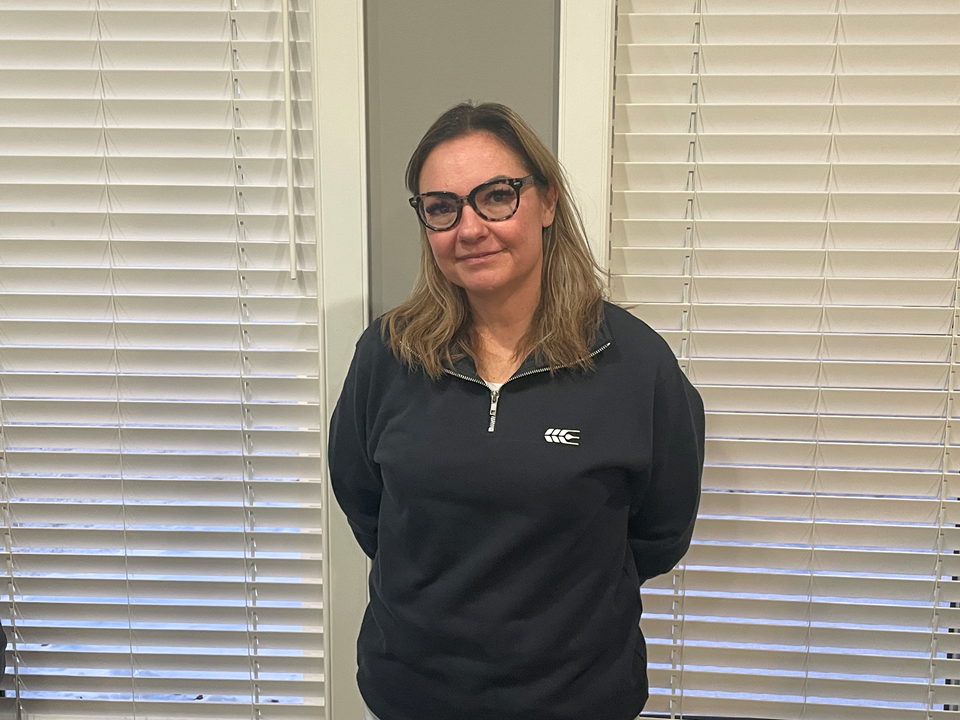REGINA - A Regina parent is speaking out about the case of a 17-year-old, who was part of a group that shot up her house in Sept.
Christie Schuler said all this commotion started back in August of 2024 when her 15-year-old son was robbed by a group of individuals, which were a part of a gang.
About a month later on Sept. 27, Schuler and her children heard gunshots at around 3 a.m. in the morning.
At first, Schuler hadn’t realized the gunshots were directed at her home. After driving her two children to school, Schuler noticed bullet holes in her home, so she decided to call the police.
Police didn’t arrive at Schuler’s residence until around 36 hours later. Seeing that response, Schuler called it "absolutely disturbing. She added, "I felt like the police are not there to help like normal people, like, [you know], normal working homeowner families. Like, is this fair treatment, or how is our justice system protecting individuals against crimes in normal, what I thought was normal residential neighbourhoods?”
This would not be the only time Schuler’s house was shot at, as two days later, on Sept. 29, her residence was shot at again. In both cases, members of the same gang were involved in the shooting.
In Oct., police arrested a 17-year-old male in connection with the shootings. The male was later found guilty and sentenced to serve time in jail.
Even though it's been months since the shooting occurred, the lingering effects it’s had on Schuler’s family have been heartbreaking for her.
Schuler’s 8-year-old daughter has started taking weekly art therapy. Even though Schuler has never done anything bad to her family, her daughter has been getting bullied at school because others believe the opposite.
Because of the bullying, Schuler said, "I've constantly had to be in contact with the before and after school daycare program, the teachers there, as well as the principal and the other teachers in the school saying 'like, this is unacceptable. We are victims of a serious crime, and you, as the school, need to be supporting us and making sure that other kids or their parents are not putting these bad things into their heads to prey on a little girl."
Meanwhile, Schuler’s 15-year-old son is suffering from PTSD. She mentioned he "sees a psychologist every two weeks now. And he has nightmares."
Schuler also mentioned her two children struggle to sleep at night and are constantly peeking out windows to see if anyone is outside.
Additionally, Because of the family being targeted, Schuler will also not let her 15-year-old walk outside. If he goes anywhere, Schuler said he has to have a ride or be picked up by his friend's family.
When asked how she feels about her children being affected by this, Schuler said, "like, I cry and break down all the time, too, because, like, this is my kids. I worked hard to have to buy a home, you know, to have nice things [and] to teach my kids good things. [So], for them to be totally different kids and pretty much [have] this like plague [put] on them for the rest of their lives [and] to have trauma that is never, ever going to go away [is horrible]."
Schuler said she is still receiving threats from other members of the gang. Because of this, Schuler doesn’t feel safe [anymore.] She added, "we, as Regina parents, [are] raising teenagers in this world [and] our kids are not safe anymore."
Understanding the mental health side
Stacey Adelman M.Ed. Registered Psychologist, mentioned that when there is a threat to a person’s safety, biochemical reactions occur in the brain so the mind and body can respond. This is known as fight, flight or freeze and the brain goes into a state known as hyperarousal to keep us safe.

As for how trauma develops, Adelman said it's basically a threat to someone's safety, which can be more intense if someone is in their own home, for example.
Once an incident has passed, Adelman mentioned, "individuals will often struggle because the brain now has to process what happened. They reacted to keep themselves safe, and now the brain has to process the event and work it through. You will often see individuals replaying the event over and over again. It is also common to have sleep disturbances and nightmares.”
The brain may still be in a state of hyperarousal afterwards, which causes people to be sensitive to certain smells, sounds, and sights in their environment that could activate a response. The brain is essentially on high alert to prepare for any potential danger or threat.
When asked about Schuler’s children, who constantly check every night to see if there is a threat outside, and repeated threats to the family, Adelman said that hyperarousal causes intense fear that their safety is going to be affected again.
In terms of trauma affecting someone’s daily life, Adelman said, "it may affect their abilities to go out and be around friends or family for fears that something bad could happen. It can affect focus and concentration because we're operating from an emotional standpoint, which makes it hard to access the other parts of the brain that allow for executive functioning including memory, focus and concentration."
Adelman believes it’s important to create communities where people are trauma-informed and understand the effects trauma has on the individual.
While she noted schools are doing good work to learn about becoming trauma-informed there is more we can do and there are still other areas in the community that need to learn more.
As for whether trauma can ever go away for the person, Adelman said it’s dependent on the individual and their situation.
She added, "while you may never forget that traumatic event, you can certainly learn strategies to cope with it so that it doesn't interfere with your day-to-day living. It is possible for the brain to process the event and heal. There may be situations that activate the threat response and strategies can be helpful to cope in a healthy way and move forward.
Cancer diagnosis
With all that’s been going on in her life, Schuler received news back in Dec. that she has stage 4 colon cancer.
Hearing that news, Schuler remembers being in severe shock. "I broke down and was like, could anything else get any worse in my life," said Schuler.
Thinking about the past few months, Schuler feels her life has gone from being a normal working mom to this totally different world.
Breaking down in tears, Schuler questioned if she was going to be okay. "How am I going to support my kids? Who's going to be there [to support them]?"
Schuler recently underwent a cancer removal surgery, but there is still more treatment to follow.
Even with all that’s been going on in her life, Schuler is grateful for her 15-year-old son and family members who reached out to her when she found out about her cancer diagnosis.
To Schuler, "it means the world because you know you're not alone." One of her other close friends also made to raise money for Schuler’s cancer treatment.




